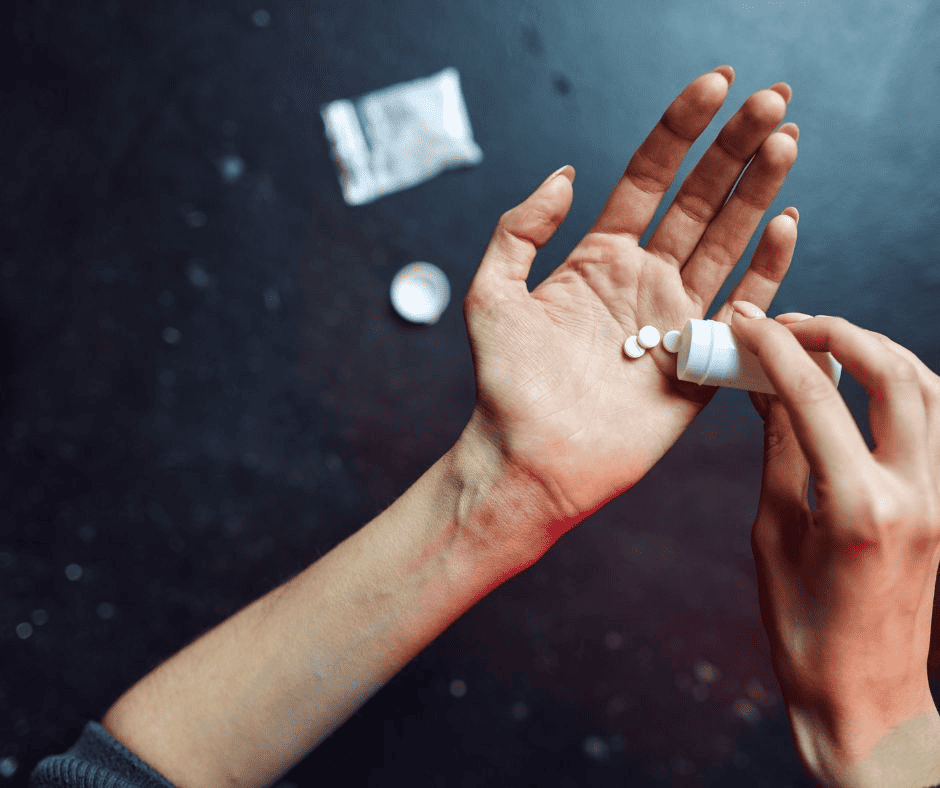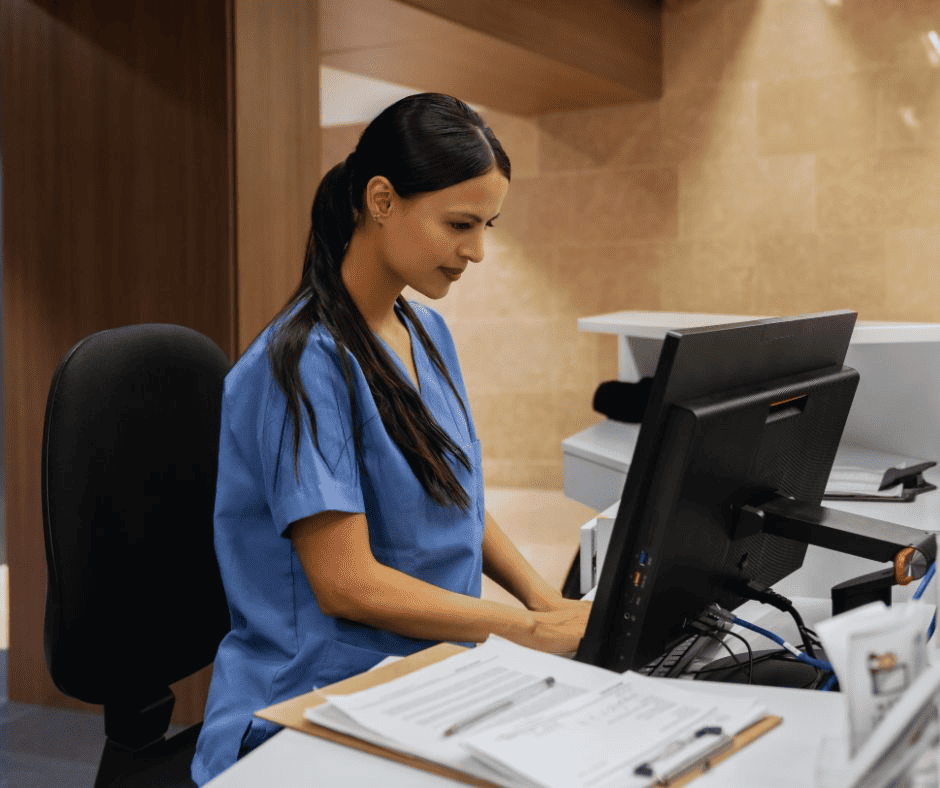Alcohol Detox Massachusetts and Drug Detox Massachusetts
Massachusetts provides a range of detox programs to support individuals seeking recovery from alcohol and drug addiction. Medical detox is the crucial first step in the recovery process, aimed at safely managing the withdrawal symptoms that arise when substances are abruptly discontinued. Withdrawal symptoms can range from mild discomfort to severe, life-threatening conditions, necessitating medical supervision.
In Massachusetts, detox centers offer comprehensive care, including medical monitoring, medication-assisted treatment, and supportive therapies to ensure a safe and comfortable detoxification process. Facilities are staffed with experienced healthcare professionals adept at managing the physical and psychological aspects of withdrawal. The goal is to stabilize patients physically and mentally, providing a solid foundation for further treatment and long-term recovery. Whether dealing with alcohol dependence or drug addiction, Massachusetts detox centers are equipped to address the unique needs of each individual, paving the way for successful rehabilitation and sustained sobriety.
Understanding Drug or Alcohol Addiction
Understanding alcohol abuse and drug addiction is fundamental to the approach of detoxification. Addiction is a complex and multifaceted condition, often characterized by compulsive substance use despite harmful consequences. At the core of a detox program is the recognition that addiction affects both the mind and body, requiring a comprehensive treatment strategy. A detox program focuses on safely managing withdrawal symptoms while addressing the psychological aspects of addiction.
Through a combination of medical supervision, counseling, and support, we help individuals begin their journey to recovery. Elevate Recovery offers a supportive environment where clients can start the journey toward healing and long-term sobriety, acknowledging that detoxification is just the beginning of a transformative path toward overcoming addiction.
Medically-Assisted Drug Detox Massachusetts (MA)
Medically-assisted drug detox provides a safe and supportive environment for individuals beginning their journey to overcome substance addiction. Recognizing the challenges of withdrawal, the detoxification process is supervised by medical professionals who specialize in addiction treatment. This approach ensures that the physical symptoms associated with drug detox are managed effectively and compassionately. Through a combination of medication management and therapeutic techniques, the goal of professional detox is to ease discomfort and address the underlying causes of drug and alcohol addiction. A medically assisted detox does not only provide physical stabilization but also prepares clients for the next steps in their recovery journey.
How Detox Works
Drug detox is a crucial first step in the journey of drug or alcohol treatment. It involves a medically supervised process where the body is cleared of the substances to which it has become dependent. This phase is vital for addressing the physical aspects of addiction and setting the stage for effective recovery.
In cases where individuals are dealing with co-occurring mental health challenges, dual diagnosis treatment becomes an integral part of the detox process. This approach ensures that both the addiction and any underlying mental health issues are treated simultaneously. Support services play a critical role during detox, providing emotional and psychological assistance to help manage withdrawal symptoms and prepare for subsequent therapy. By integrating treatment for mental health conditions into the detox process, individuals are given a more comprehensive foundation for long-term recovery, addressing the complexities of addiction in a holistic and patient-centered manner.
The Alcohol Detox Process
Alcohol detox is a critical first step in the treatment of alcohol addiction. It involves a medically supervised withdrawal from alcohol, often conducted in a controlled setting such as inpatient treatment. This process is essential for safely managing the physical symptoms of withdrawal that can occur when a person stops drinking after prolonged alcohol use.
A comprehensive medical evaluation is an integral part of the alcohol detox process, ensuring that each individual receives personalized care based on their specific health needs. The goal of alcohol detox is not only to remove alcohol from the body but also to prepare the individual for the following stages of recovery, laying a solid foundation for long-term sobriety.
The Drug Detox Process
The drug detox process, similar to alcohol detox, is a crucial component of the journey to overcome drug addiction. This process involves medically supervised withdrawal from drugs, which is essential for safely managing the physical and psychological symptoms of withdrawal. Like in alcohol detox, a thorough medical evaluation is conducted during the drug detox process to tailor the treatment to the individual’s specific needs.
The objective of drug detox is to safely rid the body of addictive substances and prepare the individual for subsequent treatment phases. It’s a vital step in achieving sobriety and lays the groundwork for effective, long-lasting recovery from drug addiction.
Withdrawal Symptoms During Drug and Alcohol Rehab in Massachusetts (MA)
Patients’ withdrawal symptoms during alcohol rehab in Massachusetts can range from mild, moderate, to severe depending on how long they have abused a substance and what substance they are detoxing from. The three most commonly abused types of drugs include opioids, benzodiazepines, and stimulants. All have different withdrawal symptoms.
Opioid Withdrawal Symptoms
Opioid withdrawal symptoms can be challenging, but with the proper support and treatment, they are manageable. At an addiction treatment center, individuals undergoing opioid withdrawal receive comprehensive substance abuse treatment in a supportive environment. These treatment facilities are equipped to manage the physical and psychological aspects of withdrawal with medical supervision and various support services. The goal is to safely guide individuals through the detox process and prepare them for further stages of recovery. Here are some common opioid withdrawal symptoms:
- Anxiety and agitation
- Muscle aches and pains
- Insomnia or disturbed sleep
- Excessive sweating
- Gastrointestinal discomfort, including nausea and vomiting
- Rapid heart rate
- Difficulty in concentration
- Cravings for opioids
Benzodiazepine Withdrawal Symptoms
Benzodiazepine withdrawal can be challenging and uncomfortable due to the medication’s impact on the central nervous system. This withdrawal typically occurs when someone who has been using benzodiazepines heavily and for a prolonged period attempts to quit or reduce their usage. Symptoms can vary in intensity and duration, depending on the duration of use, dosage, and individual factors. Common benzodiazepine withdrawal symptoms include:
- Sleep disturbances, such as insomnia
- Increased anxiety and irritability
- Muscle pain and stiffness
- Headaches
- Sweating
- Difficulty concentrating
- Nausea and weight loss
- Seizures in severe cases
Stimulant Withdrawal Symptoms
Withdrawal from stimulants, such as cocaine or methamphetamine, presents differently than benzodiazepine withdrawal, predominantly affecting mood and energy levels. These symptoms arise as the brain adjusts to the absence of the drug after prolonged use. Stimulant withdrawal symptoms can include:
- Fatigue and increased need for sleep
- Depression or apathy
- Increased appetite
- Vivid and unpleasant dreams
- Slowed movements and thoughts
- Restlessness and irritability
- Anxiety and paranoia in some cases
Understanding these symptoms is crucial for both individuals and addiction treatment providers, as it helps tailor the recovery process to each person’s needs. The supportive environment at a treatment facility ensures that individuals have the resources and care they need to successfully navigate through withdrawal and onto the path of long-term recovery.
Individualized Addiction Treatment During Detox in Massachusetts (MA)
Individualized addiction treatment during and after detox is a cornerstone of effective recovery, whether in an inpatient treatment setting or outpatient rehab. In Massachusetts, drug detox programs emphasize creating a treatment plan tailored to the specific needs of each individual. This personalized approach may include a variety of therapies, such as Dialectical Behavior Therapy (DBT), which helps patients develop skills to manage stress, regulate emotions, and improve relationships.
In addition to DBT, family therapy sessions are often incorporated into the treatment program, providing a platform for healing and support not just for the individual but also for their loved ones. This holistic approach ensures that each person’s unique challenges and strengths are addressed, paving the way for a successful journey towards recovery. By focusing on personalized care, detox programs in Massachusetts aim to lay a solid foundation for long-term sobriety and health.
Medication Assisted Treatment (MAT)
MAT is a concept that combines traditional treatment methods, like counseling and behavioral therapy, with FDA-approved treatment medications. To provide a safer detox model, many drug detox centers in Massachusetts have adopted this gold-standard treatment approach of using medications to help support patients throughout detox.
According to SAMHSA, there are many ways patients can benefit from MAT, both before and after detox, including:
- Reduced cravings and withdrawal symptoms
- Improved patient retention in treatment
- Improved patient survival
- Decrease in illicit drug use after treatment
- Improved outcomes in pregnant mothers suffering from substance use disorder
The type(s) of medications prescribed will vary from one person to the next and depend on what type of substance patients are detoxing from. Some medications used within MAT when detoxing from different substances include:
Opioid detox medications:
- Methadone
- Suboxone
- Buprenorphine
- Subutex
- Cassipa
- Zubsolv
- Clonidine
- Naltrexone
Benzodiazepine detox medications
*Benzodiazepine often involves a taper using long-lasting benzodiazepine medications. These are dispensed to patients in a controlled manner.
- Valium (diazepam)
- Klonopin (clonazepam)
Stimulant detox medications:
- Topiramate
- Gabapentin
- Baclofen
- Hydroxyzine
- Vigabatrin


Get The Treatment You Need and Deserve
Elevate Recovery Center stands at the forefront of addiction treatment, demonstrating a track record of effectively supporting long-term recovery. Our dedicated team of renowned clinical and medical professionals excels in addressing addiction, often in conjunction with mental health concerns, to provide personalized care for each individual in our program. Call us – we’re available 24/day, 7 days/week.
Therapeutic Services Offered During Detox in Massachusetts (MA)
During detox at a drug rehab in Massachusetts facility, a range of therapeutic services are offered to support the physical and psychological well-being of clients. These services are crucial for managing withdrawal symptoms and laying the groundwork for long-term recovery.
Typically, therapeutic services during detox include individual counseling, where clients can begin to understand the root causes of their addiction. Group therapy sessions are also common, providing peer support and shared experiences in a safe, guided environment.
Additionally, many drug rehab programs offer holistic therapies, such as meditation and yoga, to help manage stress and promote mental and physical balance. Nutrition and wellness support are also integral, ensuring the body is nourished and strengthened during detox.
These therapeutic services are designed to provide comprehensive care, addressing both the immediate needs of detoxification and the longer-term goals of recovery.
Treatment Planning After Detox in Massachusetts (MA)
At Elevate Recovery Center, treatment planning after detox is a critical step in the journey of overcoming substance abuse. After detoxification, our team works with each client to develop a personalized treatment program tailored to their unique needs and recovery goals.
The range of treatment options available ensures a comprehensive approach to care. For those who need a structured and supportive environment, inpatient rehab provides round-the-clock care and an immersive treatment experience. Partial hospitalization offers a middle ground, with structured treatment during the day but the flexibility to return home in the evenings.
For clients transitioning to more independence, intensive outpatient programs (IOP) offer a blend of significant support and flexibility, allowing them to integrate their recovery into their daily lives. For those who have progressed further in their recovery journey or have less severe substance abuse issues, standard outpatient treatment provides ongoing support with less time commitment, focusing on maintaining sobriety and continuing personal growth.
At our Massachusetts rehab center, we offer drug and alcohol addiction treatment program offerings and addiction services that support patients following detox and acute treatment services. Our drug and alcohol addiction treatment center programs are designed to provide the most effective care for sustainable recovery from substance abuse.
Alcohol Detox and Drug Detox at an Addiction Treatment Center in Massachusetts
Embarking on your journey to recovery at our addiction treatment center in Massachusetts signifies a courageous step towards a healthier, substance-free life. We are committed to offering a range of evidence-based therapies designed to address the multifaceted nature of addiction. Whether you are searching for drug detox, alcohol detox, residential treatment, or an outpatient program, our dedicated team of professionals is here to guide and support you through every stage of your recovery journey, ensuring you have the resources, care, and understanding needed to achieve lasting sobriety and wellness. Begin your transformative journey with us, where your recovery is our priority.






